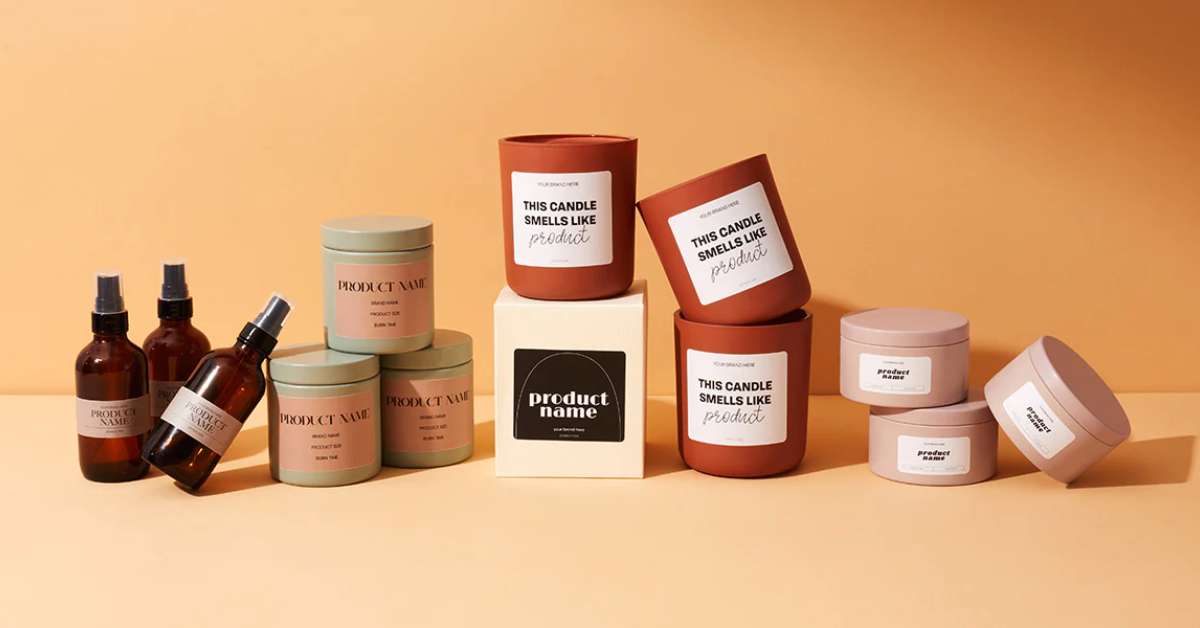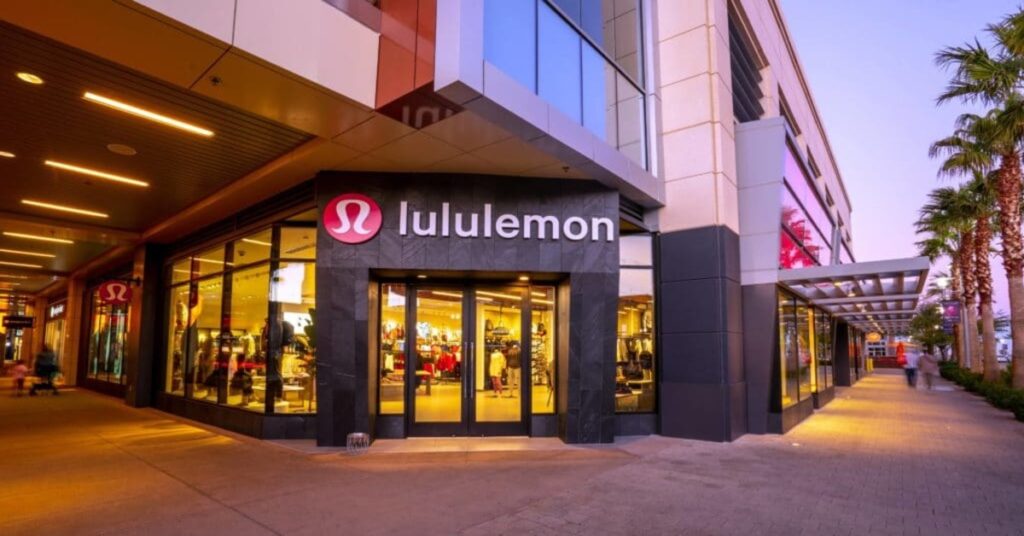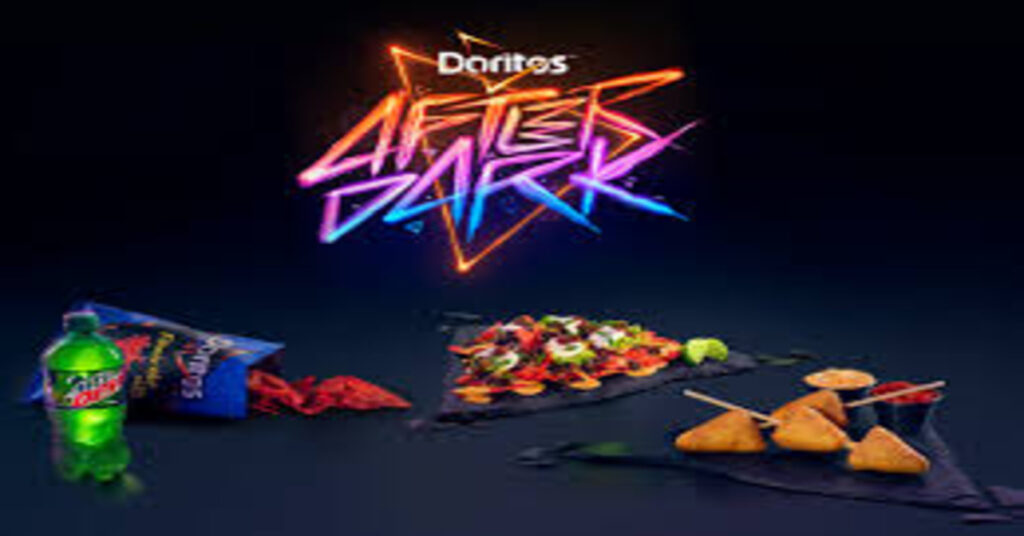With consumers in constant pursuit of savings, retailers have adopted private brands as an alternative to traditional offerings and an avenue to reinvention in the market. Private brands help grocers to meet consumer demand and improve their market position while increasing profits.
There’s no doubt that record-high inflation and fears about the economy have pushed consumers to rethink their inclination to branded products and turn to private-label brands to save money. Be it shampoo & conditioner, face cream, or multi-vitamins, private-label brands have been seeing positive growth.

What is a Private Label?
Private labels, often referred to as store labels, house brands, or generic brands, are produced by third-party, trademarked, and managed by the retailer. It’s specific to individual retail chains, with the retailer retaining exclusive rights to the product, such as Amazon’s Amazon Basic, Simple Truth by Kroger, Specially Selected by Aldi, Kirkland Signature by Costco, and Great Value by Walmart. Private labels help retailers get more consumers, brand loyalty, and profits and fill market niches.
Market watchers say increased consumer awareness and shifts in the market have made shoppers more conscious and decisive in how they spend and engage with brands. Around 60% of shoppers, as per a U.S.-based study in December 2022, see private-label products as good as national brands when it comes to quality, innovation, sustainability, trust, and delivering on claims. The Hartman Group, a research firm, found that 41% of U.S. grocery shoppers have purchased more private-label brands since 2020; 30% cited higher grocery prices as the primary reason for doing so. And 55% of U.S. consumers said they buy retailer or store brands because they are less expensive, while 63% said private-label brands offer good value.
Inflation-Driven Shift
For consumer packaged goods (CPG) brands, value is much more long-term or lasting than the price only. In recent months, grocery inflation brought about higher prices for branded products. To mitigate the increasing prices, consumers shift to other brands. According to Attest, supermarkets’ private-label brands have benefitted from the rising cost of living. Shoppers have steadily turned away from more expensive household names. Attest research highlighted that Millennials and Gen X are most likely to seek out private-label brands, while Gen Z will pick them up if they take their fancy.
It stated that even if inflation eases and the economy picks up, U.S. shoppers have little to no intention of reverting to household brands. “Just over 34% say they would definitely stick with private-label brands if the price wasn’t an issue, while 39.5% probably would. Only 9.3% say they wouldn’t stick with them.”A similar shift has been observed in Europe. Research shows that private-label sales in Italy reached an all-time high of €12.8 billion in 2022. This was an increase of 9.4% year-on-year. This trend was also recorded in Germany, the Netherlands, Spain, and Britain.
Besides lower price points, quality, taste, and availability have also contributed to consumers ditching household name brands in favor of private-label brands. Omnichannel commerce is playing a significant role in this trend shift. E-commerce offers more avenues for consumers to make a purchase, via mobile phones, desktop and apps, tablet devices, etc. But it’s more than that. The omnichannel strategy extends to the ways consumers choose to receive their purchases, with options ranging from same-day delivery, in-store, touchless checkout, and curbside pickup.
Doug Baker, vice president of Industry Relations, The Food Industry Association, pointed out that during the COVID-19 pandemic, more shoppers discovered the value and quality of private brands. He said food retailers realize the opportunity on the table for private brands.
Require Significant Investment.
Private brands are critical to growth in 2023 but need an overhaul to live up to their growth potential. Barry Clogan, Chief Evangelist at Wynshop, believes digital is the most effective and economical way to promote private brands. He said grocers need sophisticated digital capabilities like omnichannel personalization and automated campaign deployment to capitalize on the private brand opportunity.
Post-inflation, consumers could choose to switch back to their national brands. With hundreds of private-label brands now available, retailers need to step up their game. They should align on their aspirations or develop a robust strategy for their labels. Retailers need to seize the moment to reset their private-label strategies and translate short-term switching behavior into long-term customer loyalty. Their technique may have worked during the pandemic, but now need to reevaluate to keep it up in 2023 and beyond.
Retailers need to make meaningful investments in their private-label capabilities and make bold moves. According to a McKinsey report, private labels need to evolve. In practicality, retailers have to look into brand awareness, penetration, customer perceptions, value, quality, and profitability. This can be achieved through customer surveys, financial analyzes, and competitor scans.
Private-label brands need to break out of the “just generic” category and stand up in terms of quality, customer/consumer engagement, and branding. It’s an opportunity for retailers to introduce, grow and expand.



